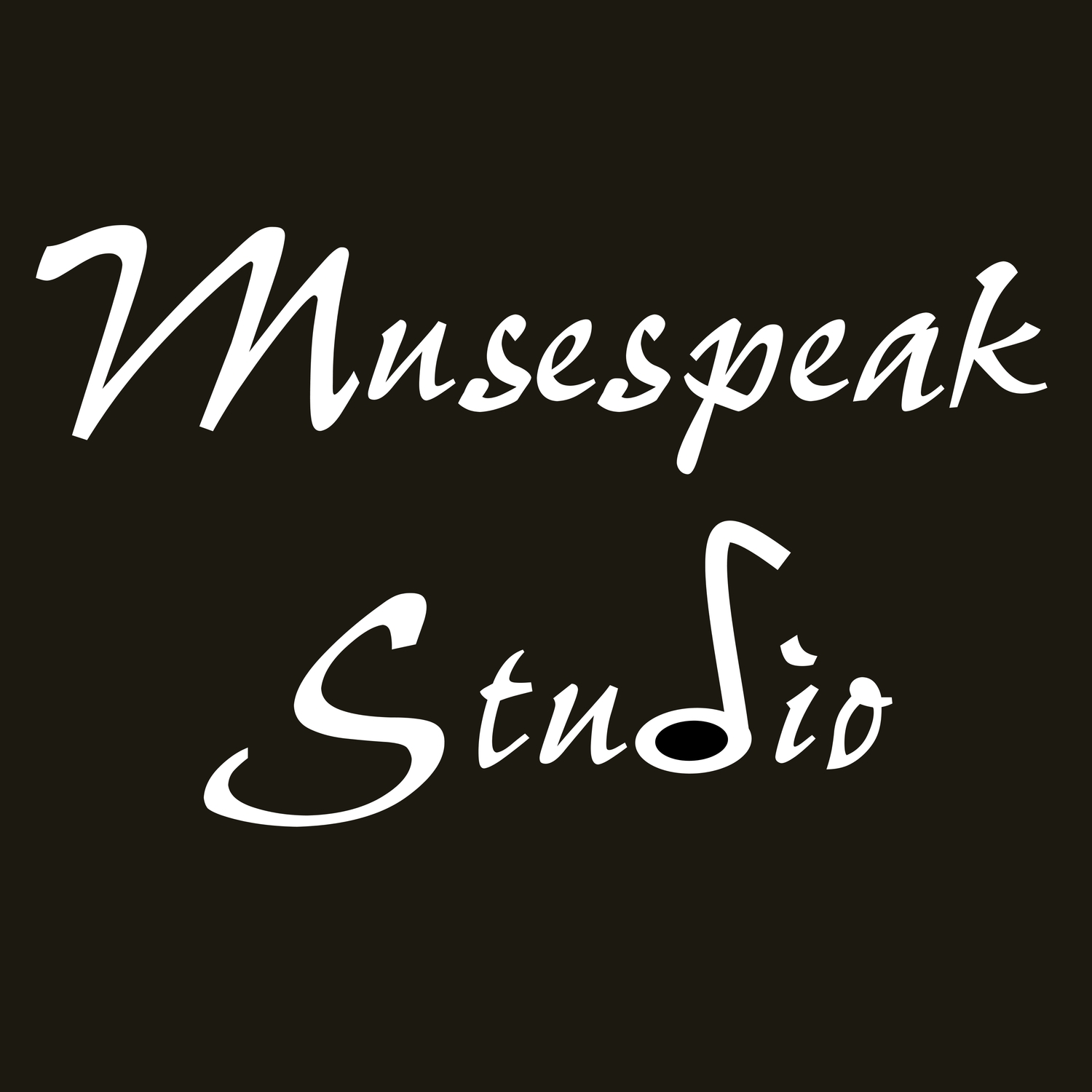An overview of the music conservatories used in Canada and the music examination boards, including RCM, ConCan and CNCM.
Music examinations have played an intrinsic role in Canadian music education since Confederation. Music teachers, music students and their parents can benefit from learning more about the various curricula available so as to adopt a system that complements the teachers’ vision and the students’ goals.
The Royal Conservatory of Music – Canada’s Oldest Music Examining Board
The Royal Conservatory of Music of Toronto (RCM) was established in 1886. Notable alumni include 15-time Grammy Award winner David Foster, former Governor General Adrienne Clarkson and jazz legend Oscar Peterson.
Preparatory to Grade 10 practical examinations are available for all brass, percussion (including piano), strings and woodwind instruments, as well as accordion, speech arts and voice. Exams are offered for all levels of music theory and musicianship.
Associate Teacher/Performer (ARCT) and Licentiate (LRCM) certification are available. High school accreditation is granted for Grades 6 – 8.
Examinations can be taken worldwide in December/January, April, May/June or August. In the US, RCM Examinations is known as the National Music Certificate Program.
For practical exams, students prepare four to seven contrasting pieces from different musical periods (Baroque, Classical, Romantic, Impressionism/Late-Romantic and Modern Classical). They are also tested on aural, sight reading, rhythm and technical proficiency.
Traditional and Contemporary Music Examinations Through Conservatory Canada
Conservatory Canada (ConCan) is a merger between two regional conservatories that stemmed from amalgamations of older systems:the Western Ontario Conservatory of Music (founded in 1891) and the Western Board of Music (established in 1934).
Grade 1 – 10 Traditional practical examinations are offered for all brass instruments, clarinet, classical guitar, flute, organ, piano, saxophone, teacher development, violin, viola, violoncello and voice. Associate Teacher/Performer (ACCM) and Licentiate Teacher/Licentiate Performer (LCCM) certification are available. ConCan also offers music examinations for Levels 1 – 10 in piano, guitar and voice through its Contemporary Idioms syllabus.
Examinations are held throughout Canada in February, June and August. Partial examinations are available for the higher grades. Music theory exams are available for all levels.
Conservatory Canada offers recital assessment, teacher development and mini-lessons with the examiner. Students can apply their examination marks for high school credits in music.
Music students prepare six to eight contrasting pieces, from Baroque to 21st Century Classical for Traditional examinations. They prepare four contrasting pieces for Contemporary Idioms, ranging from ragtime to rock. They are also graded on improvisation and lead sheet playing.
For both formats, students must perform a supplemental piece. They can select one song from the other program, improvise or perform their own composition. Technical tests also assess fluency of chords, as well as jazz scales, church modes, whole tone, pentatonic and octatonic scales (much more than just traditional major/minor scales). Bonus marks are awarded if one piece is performed with a CD back-track or live jazz musicians. Aural, sight reading, harmonization, rhythm, transposition and musical knowledge are also graded.
Comprehensive Exams Through the Canadian National Conservatory of Music (CNCM)
CNCM was founded in 2002. Introductory Level – Grade 10 practical exams are offered for piano and voice (strings program in development). Certification is available in Early Childhood Music Education, Pedagogy, Associateship in Music (A. Mus.), Licentiate in Music (Lic. CNCM) and Fellowship.
Students can take a Performance Exam, where they perform a full recital programme for the examiner, family and friends (other components are tested separately). Alternately, students can take a Workshop Examination, in which all requirements are performed privately for an examiner. The parents and the teacher can attend the interactive workshop.
Students can do a “theme examination”, such as an all-Disney recital or a Canadian composer programme. As with all music examinations, solo performance is graded. However, it is possible to perform a collaborative work, such as a piano duet or a jazz combo in a theme examination.
Students must prepare at least seven works and one encore. Aural, vocalization, sight reading, harmonization, rhythm, transposition, improvisation and musical knowledge are also assessed.
Music examinations are held throughout Canada in February, May/June and August. Partial exams are available. Music theory testing is offered for all levels. CNCM has applied for Prior Learning Assessment and Recognition to grant high school accreditation.
Some Canadian music teachers and students follow a British curriculum. Two popular conservatories are the London College of Music and Media (LCM) and the Associated Board of the Royal Schools of Music (ABRSM).
Each music conservatory has something to offer; therefore it is impossible to say that one is “the best”. Music teachers contemplate several factors when deciding which system(s) to use, from their teaching philosophies and approach to their students’ skills, aptitude, interest and commitment level. These grading systems and curricula offer music teachers and students a broad spectrum in music education.
Sources:
Canadian National Conservatory of Music. Canadian National Conservatory of Music Piano Syllabus. Markham: Mayfair Montgomery Publishing, 2002.
Conservatory Canada. Conservatory Canada Piano Syllabus, 1999 Edition. Waterloo: Waterloo Music, 1999.

The Royal Conservatory of Music. he Royal Conservatory of Music Official Examination Syllabus, 2008 edition. Mississauga: The Frederick Harris Music Co. Ltd., 2008.

(2011 Edition). By The Carnegie Hall Royal Conservatory Achievement Program. For Piano. This edition: 2011. Piano. Official Syllabi of The Royal Conservatory of Music. Level 1-9 (Level 1-9). Book. 36 pages. Published by The Frederick Harris Music Company (FH.S34)

